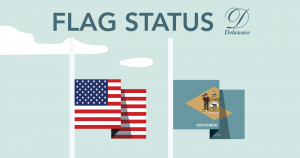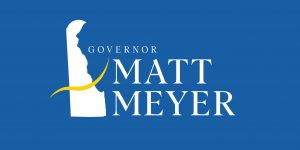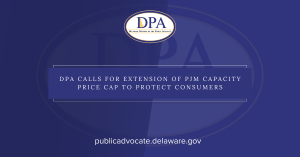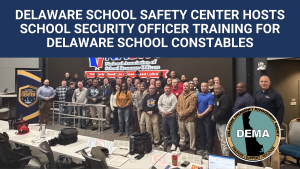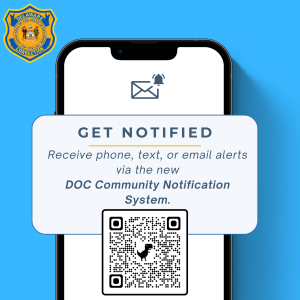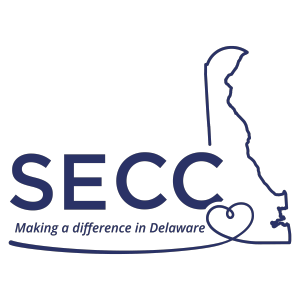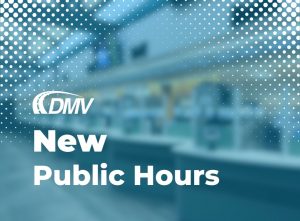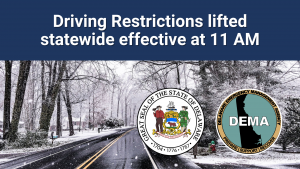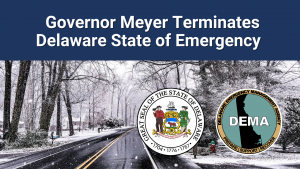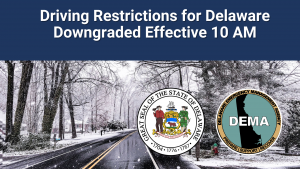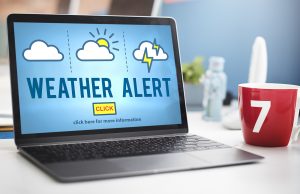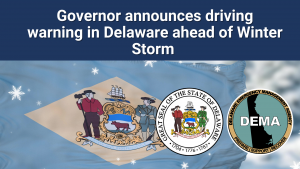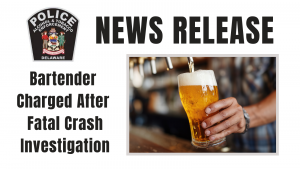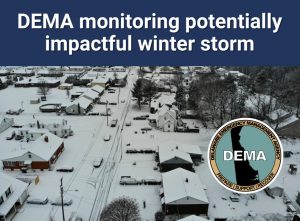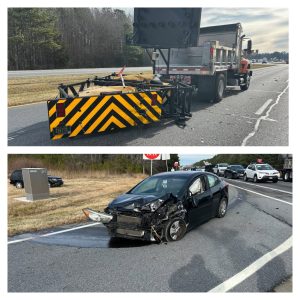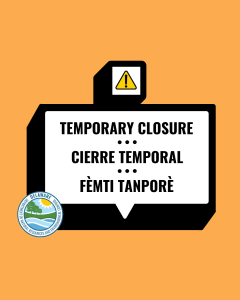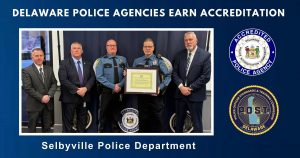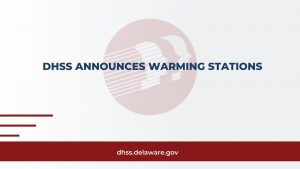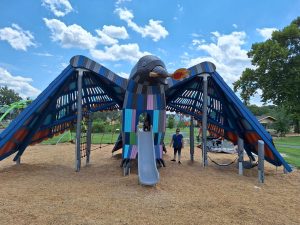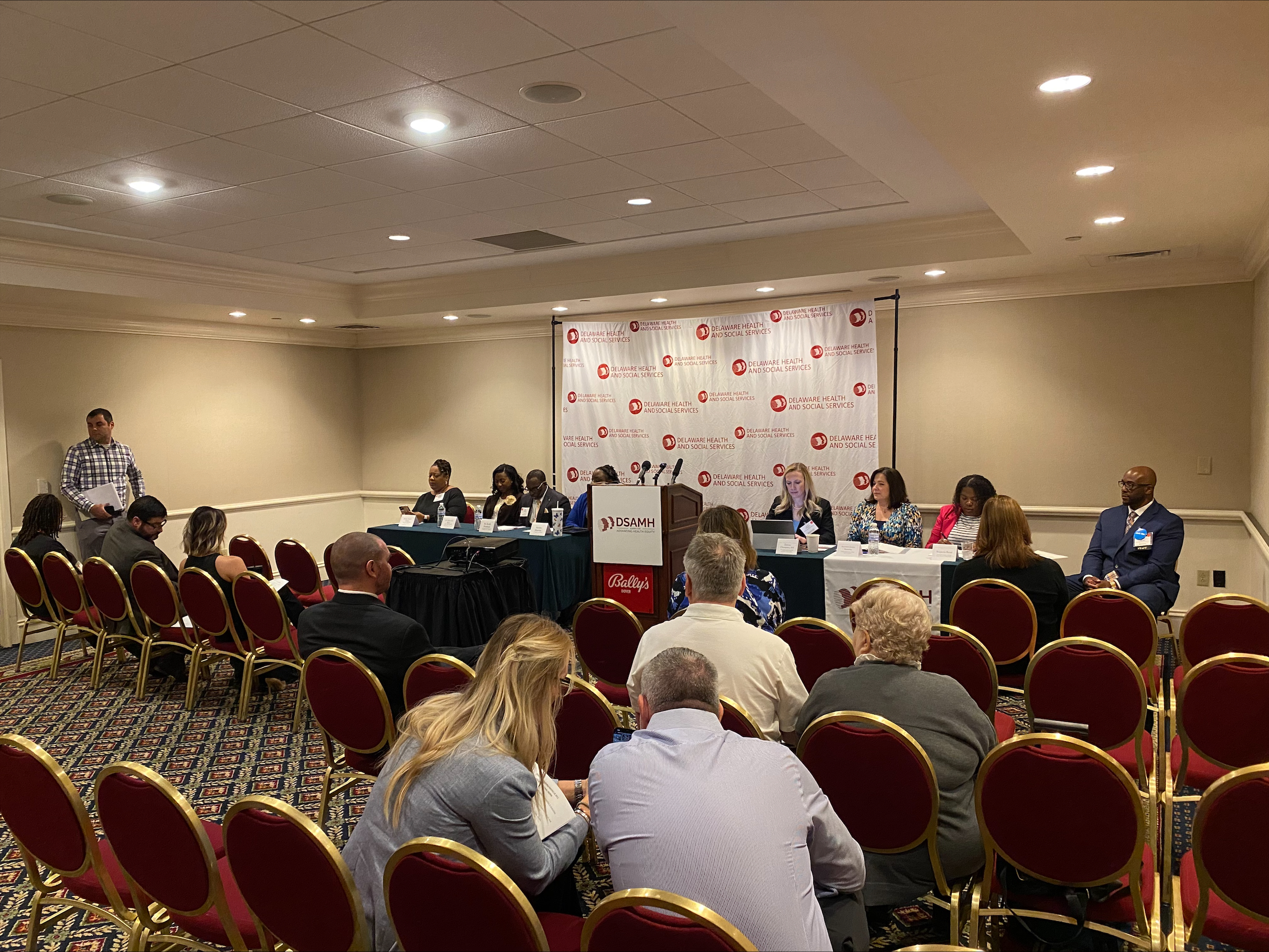
DOVER – Tuesday, leaders from the Delaware Department of Health and Social Services (DHSS) joined partner community agencies for a community response briefing to provide the latest information regarding the state’s efforts to address disparities in outcomes related to Substance Use Disorder and Opioid Use Disorder for minority and vulnerable populations.
Organized by the DHSS Division of Substance Abuse and Mental Health (DSAMH), these quarterly briefings aim to inform the public about the State’s ongoing work to reduce overdoses and respond to the opioid epidemic.
The event was championed by Delaware Lt. Governor Bethany Hall-Long, Chair of the Behavioral Health Consortium, PhD, RN.
“As Delaware combats the opioid epidemic, we must do so through an equity and inclusion lens so no one is left behind. A behavioral health system that works for everyone prioritizes culturally competent treatment and services, accessible care that meets folks where they are, and holistic support that addresses the social determinants of health,” Lt. Governor Hall-Long said. “As part of the Behavioral Health Consortium, we’ve worked with countless community partners on the ground and I’m so appreciative of their tireless dedication to reaching residents at a critical time of need with services and support. This is difficult work, but it’s through these partnerships, in collaboration with state agency leaders, that we can truly stem the tide of this crisis.”
DSAMH Director Joanna Champney began the briefing and provided information on her office’s efforts to align its resources to support the communities that are increasingly affected by Substance Use Disorder after a 7% increase in drug deaths among Black and African Americans in Delaware last year. As part of the strategy to address the rising disparity, DSAMH announced awardees under a new health equity mini grant program. The grant program enables providers to develop strategies for engaging a more diverse consumer profile. Projects range from client outcome data analysis to conducting focus groups and adopting cultural and linguistic adjustments to behavioral health services.
Sequoia Rent, Bureau Chief, Bureau of Health Equity, Division of Public Health, highlighted the work of DPH’s mobile health units which help vulnerable and hard-to-reach communities access services. Several DPH offices, in partnership with community stakeholders, are also collaborating through a working group to create a statewide strategy to reduce overdose and drug-related harms. This harm reduction initiative is the support between prevention and treatment.
Sandra Baptiste, Executive Assistant Director, Love and Hope Rescue Mission, shared how her organization is conducting a community needs assessment to understand the Haitian Creole community’s specific needs and barriers to care to inform the development of culturally and linguistically appropriate programs and services. Love and Hope Rescue Mission is continuing its educational initiatives with focus group discussions, outreach efforts, and the distribution of essential resources like Narcan kits.
Dr. Keith Pettiford, New Castle County (DE) National Pan-Hellenic Council – President, shared that his organization has implemented and supported programs connecting with hundreds of community members of all ages. The Panhellenic Council is comprised of Black Fraternities and Sororities. Seminars, group sessions, community outreach and other activities by the Council brought forth significant opportunities to engage with individuals and families to understand their needs around substance use treatment and information on opioid use disorder.
Dr. Aisha Lord Ryan, MSPT, DPT, CMTPT, Owner and Director, ALL Therapy, spoke about how her physical therapy practice is using the funds to promote strategies for management of opioid misuse for vulnerable populations. Strategies will be implemented with existing patients and through community outreach.
Marco Brown, DSAMH Workforce Development and Education Unit Coordinator, discussed training that the state will offer to providers on how to minimize disparities in underserved populations and communities throughout the State by reducing cultural and linguistic barriers. The training will include access to an organizational self-assessment to help providers identify areas for improvement within their organization.
Ericka Taylor-Daniel, MSN, APRN, PMHNP-BC, FNP-C, CARN-AP, A Peaceful Place Integrated Care, highlighted how her practice in Dover provides primary care, mental health care and substance use disorder treatment. Her office team is focused on creating a safe space for all patients, but particularly patients from racially diverse communities and patients who identify as LGTBQIA+, to receive medication for opiate use disorders.
DHSS Secretary Josette Manning closed the program with a call to action.
“We recognize it is critical that we come together, with as many partners at the table as possible, to address the opioid epidemic and the concerning spike in opioid use and opioid related drug poisonings among Black and African Americans in Delaware,” Secretary Manning said. “Through the mini grants that have been awarded by the Division of Substance Abuse and Mental Health, DHSS is making a strong statement that we are seeking to diversify and expand our partnerships. DHSS looks forward to working with our health equity grantees to better understand how we can improve service delivery to communities of color.”
To help address behavioral health needs of Delawareans, DHSS has several ways for individuals or their family members to connect:
• Call the 24/7 Delaware Hope Line at 1-833-9-HOPEDE or 1-833-946-7333 – a single point of contact in which callers can connect to a variety of resources and information, including support from clinicians and peer specialists plus crisis assistance.
• Stop by one of DHSS’ Bridge Clinics for an in-person assessment.
• Visit TreatmentConnection.com to find out which treatment providers are located near you.
• Visit HelpIsHereDE.com, DHSS’ one-stop website where Delawareans can search for treatment services and resources in Delaware or nearby states.
• Call 988 if the individual is in crisis and needs immediate support.
• Call 911 if someone has overdosed and needs emergency medical attention.
• Learn where to find Narcan training, get the medication through the mail, and download the OpiRescueDE App here.





